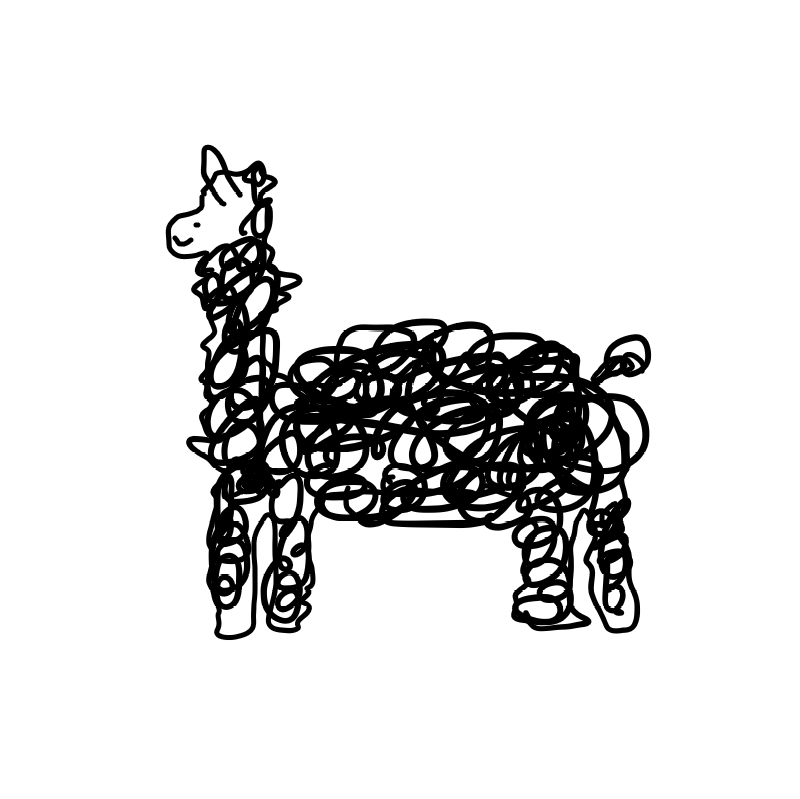344. Reverse String
Write a function that reverses a string. The input string is given as an array of characters char[].
Do not allocate extra space for another array, you must do this by modifying the input array in-place with O(1) extra memory.
You may assume all the characters consist of printable ascii characters.
My Answer 1: Accepted (Runtime: 192 ms - 80.92% / Memory Usage: 18.4 MB - 81.19%)
class Solution:
def reverseString(self, s: List[str]) -> None:
"""
Do not return anything, modify s in-place instead.
"""
s.reverse()My Answer 2: Accepted (Runtime: 192 ms - 80.92% / Memory Usage: 18.5 MB - 57.88%)
class Solution:
def reverseString(self, s: List[str]) -> None:
"""
Do not return anything, modify s in-place instead.
"""
mid = len(s) // 2 - 1
for i in range(len(s)-1, mid, -1):
temp = s[i]
s[i] = s[len(s)-1-i]
s[len(s)-1-i] = temp양심상.. 한번 더 풀어줬읍니다
1504. Count Submatrices With All Ones
Given a rows * columns matrix mat of ones and zeros, return how many submatrices have all ones.
My Answer 1: Wrong Answer (20 / 72 test cases passed.)
class Solution:
def numSubmat(self, mat: List[List[int]]) -> int:
count = 0
# 1 의 개수
for i in range(len(mat)):
count += mat[i].count(1)
def rowfunc(mat, i, j, cnt):
if mat[i][j] == 0:
return cnt
if i + 1 < len(mat) and mat[i+1][j] == 1:
cnt += rowfunc(mat, i+1, j, 0) + 1
return cnt
def colfunc(mat, i, j, cnt):
if mat[i][j] == 0:
return cnt
if j + 1 < len(mat[0]) and mat[i][j+1] == 1:
cnt += colfunc(mat, i, j+1, 0) +1
return cnt
def squarefunc(mat, i, j, cnt):
if mat[i][j] == 0:
return cnt
if i + 1 < len(mat) and mat[i+1][j] == 1 and j + 1 < len(mat[0]) and mat[i][j+1] == 1 and mat[i+1][j+1] == 1:
cnt += squarefunc(mat, i+1, j, 0) +1
cnt += squarefunc(mat, i, j+1, 0)
cnt += squarefunc(mat, i+1, j+1, 0)
return cnt
for i in range(len(mat)):
for j in range(len(mat[i])):
if mat[i][j] == 1:
count += rowfunc(mat, i, j, 0)
count += colfunc(mat, i, j, 0)
count += squarefunc(mat, i, j, 0)
return count원래 이렇게 풀 생각이 아니었는데 시간관계상 이렇게 됐읍니다...
생각난 거는 Backtracking / 재귀였음
def isSubmatrix(mat, i, j, cnt): print(i, j) if mat[i][j] == 0: return cnt if i + 1 < len(mat) and mat[i+1][j] == 1: cnt += isSubmatrix(mat, i+1, j, 0) +1 if j + 1 < len(mat[0]) and mat[i][j+1] == 1: cnt += isSubmatrix(mat, i, j+1, 0) +1 return cnt이런 식으로 하나의 재귀 함수를 쓰려고 했으나.. fail
